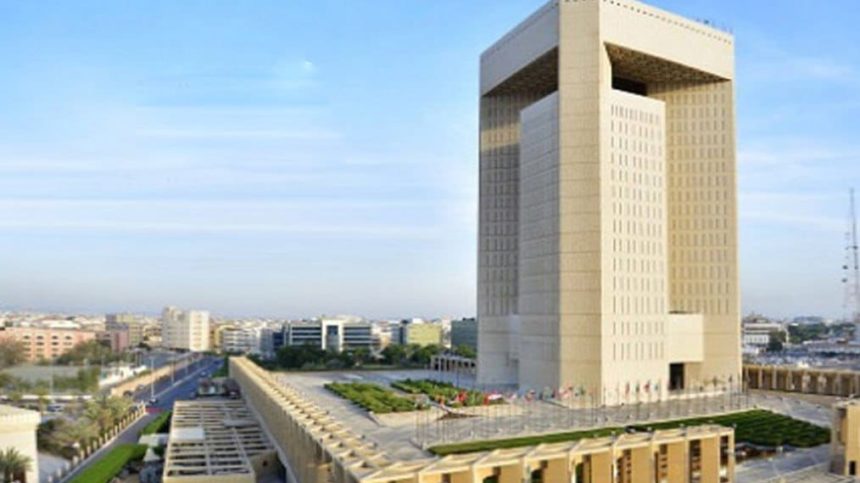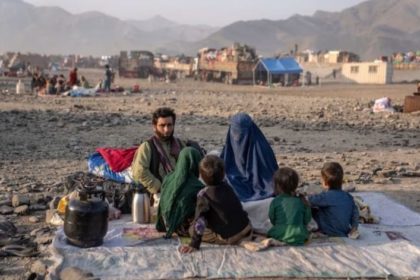RASC News Agency: The Islamic Development Bank has recently declared its unwavering commitment to bolstering diverse projects in Afghanistan by formalizing multiple contracts with aid organizations. Valued at $24.6 million, these projects will be strategically channeled into critical sectors such as food security, health, and education. The bank, cognizant of the financial intricacies involved, has instituted a trust fund dedicated to managing the costs associated with these transformative initiatives. It’s noteworthy that the Islamic Development Bank was specifically established to extend support to Afghanistan and is financially tailored for this purpose.
In a post on social media platform X on Wednesday, December 27th, the Islamic Development Bank disclosed the signing of three contracts totaling $14 million with the United Nations High Commissioner for Refugees (UNHCR). These substantial funds are earmarked for educational, health, and livelihood initiatives in Afghanistan, poised to benefit an estimated 240,000 individuals. Additionally, a substantial portion of $8 million has been directed towards the United Nations Children’s Emergency Fund (UNICEF) and the Afghanistan Humanitarian Trust Fund (AHTF), dedicated to pivotal projects addressing clean water access and healthcare services.
Moreover, the Islamic Development Bank has committed $1.5 million to the World Health Organization (WHO) to elevate healthcare services for mothers and children in the villages of Afghanistan, with a specific focus on Bamyan province. Simultaneously, the bank has allocated $1.1 million to the Norwegian Refugee Council, strategically aimed at fortifying food security in the provinces of Badakhshan, Faryab, and Ghazni.
These commendable contributions come at a pivotal juncture, given Afghanistan’s grappling with a severe humanitarian crisis under the Taliban’s control. With over half of the country’s population requiring assistance, concerns loom over the potential reduction in support from certain aid organizations due to budgetary constraints.






